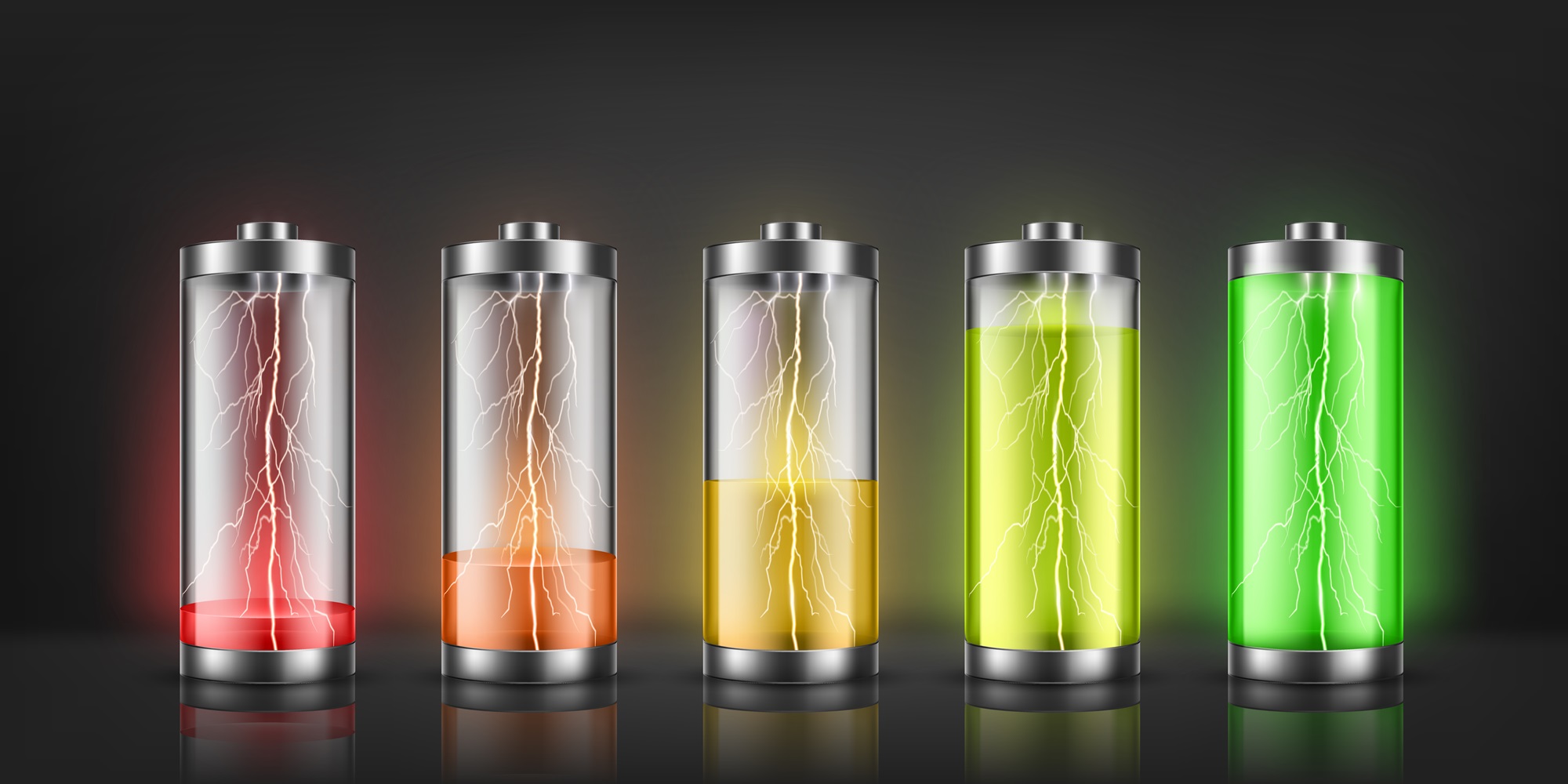Lithium-ion batteries are a crucial energy storage technology widely used in various fields of modern technology, ranging from portable electronic devices to electric vehicles. These batteries operate based on the movement of lithium ions and can be recharged multiple times, making them a versatile choice for many applications.
Lithium-ion batteries are specifically designed for use in portable devices and electric vehicles due to their lightweight nature, high energy density, and fast charging capabilities. They function by storing electrical energy through a chemical reaction and releasing it when needed.
Typically, lithium-ion batteries consist of three main components: a positive electrode (cathode), a negative electrode (anode), and an electrolyte. The cathode is often made of lithium-containing metal oxides, while the anode is typically composed of carbon compounds such as graphite. The electrolyte is an organic solution containing lithium salts. These components facilitate the movement of lithium ions during the charge and discharge processes of the battery.
The production process of lithium-ion batteries is complex and involves several stages. Initially, cathode and anode materials are prepared and their surfaces are processed to form specific structures. Subsequently, an electrolyte solution is prepared, and cells are assembled by combining the cathode, anode, and electrolyte solution. The assembly and packaging of these cells complete the battery manufacturing process.
Lithium-ion batteries offer several advantages, including high energy density, long lifespan, rapid charging capability, and low self-discharge rate. These characteristics make them an ideal choice for a wide range of modern applications such as mobile devices, laptops, electric vehicles, and renewable energy systems.
However, lithium-ion batteries also have some disadvantages, including high production costs, limited lithium resources, and safety concerns. The risk of combustion, in particular, is a significant consideration in the development and use of lithium-ion batteries.
In conclusion, lithium-ion batteries play a crucial role in today's energy storage technologies and continue to be developed and improved. They meet the mobility and energy needs of modern life and provide a critical foundation for future technological advancements.
Post Views: 168

